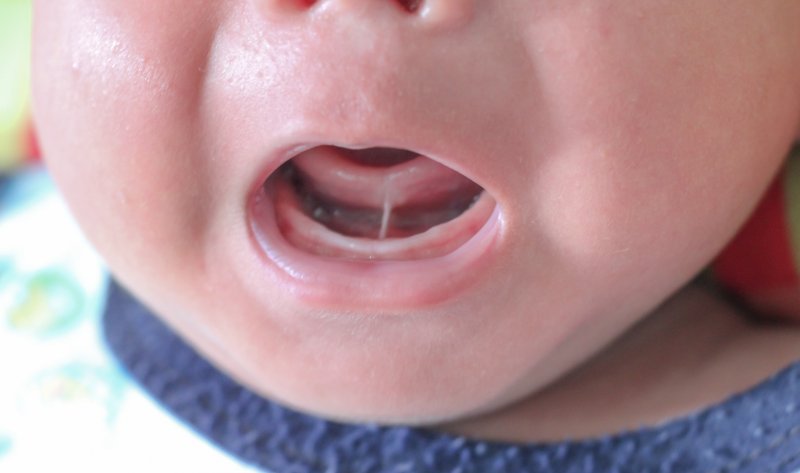
Does it seem like infant lip and tongue-ties are suddenly becoming increasingly common? As dentists and other oral healthcare experts talk more about the challenges little ones can face, such as a weak latch, poor weight gain, and other similar difficulties, it’s natural to wonder why this problem is becoming more apparent. Keep reading to discover what kind of role breastfeeding plays and what signs you should be on the lookout for if you suspect your little one might have a lip or tongue-tie.
How is Breastfeeding Connected to Lip and Tongue-Ties?
Centuries ago, babies who were born with a lip or tongue-tie underwent a procedure that involved lacerating the little one’s frenulum (banded tissue or lip or tongue-tie) so that improved oral movement could occur.
While the same process is still used today (although now it is performed with advanced dental technology), there was a period of time when lip and tongue-ties were not as common. As researchers and healthcare professionals urged women to start using formula to feed their babies, the issues surrounding restricted oral tissues improved.
With the introduction of bottle feeding becoming more popular, babies often did not struggle as much to retrieve the necessary milk and nutrients. However, as years passed, breastfeeding became the norm once again, leading many infants to struggle with their latch and feeding schedules.
What Makes Breastfeeding Harder for Babies?
When a baby with a lip or tongue-tie is trying to breastfeed, they must obtain a solid latch. This means they must be able to use their tongue to pull the breast into their mouth and create a tight seal so that the sucking motion will allow milk to flow freely.
Without this type of latch, the baby will be unable to receive the valuable nutrients they need because they will become fatigued trying to establish a sufficient connection. This problem can also cause a mother’s nipples to become sore and painful.
A lip or tongue-tie can often be to blame for a poor or shallow latch, so mothers should be looking for the following signs:
- Poor weight gain
- Fussiness
- Fatigue while feeding
- Gumming the nipples
- Cracked nipples
- Mastitis (infection)
- Blocked milk ducts
- Depression
- Engorged breasts
- Poor milk supply
What Can Be Done to Treat a Lip or Tongue-Tie?
If you suspect that your baby is suffering from a lip or tongue-tie, it’s important that they see a trusted professional who can perform a frenectomy. Similar to the procedure performed centuries ago, dentists now use updated technology and a gentler approach while releasing the banded tissue to produce a free range of motion for the lip or tongue.
It takes only minutes to complete, and you’ll be able to nurse your baby immediately following the procedure.
Don’t let these early weeks and months of your baby’s life be a struggle. Give your little one the help they need so that you both can enjoy this bonding experience.
About the Practice
Dr. Michael Rullo is a lip and tongue-tie dentist who cares for patients needing help to improve their oral range of motion. When these tissues located behind the upper lip or underneath the tongue are restricted, it can create a host of problems for babies, children, teenagers, and even adults. At Hamilton Lip & Tongue-Tie Center, Dr. Rullo can recommend the appropriate form of treatment to help you and your baby have a normal and enjoyable nursing experience. Contact us via the website or (905) 525-8272 to learn more.
